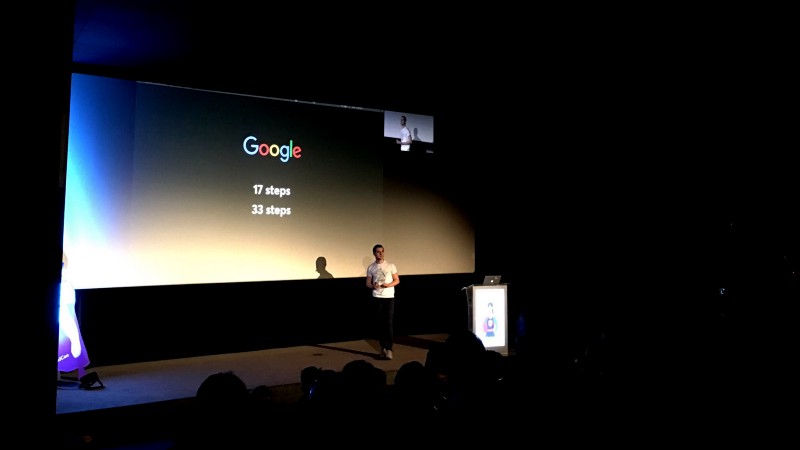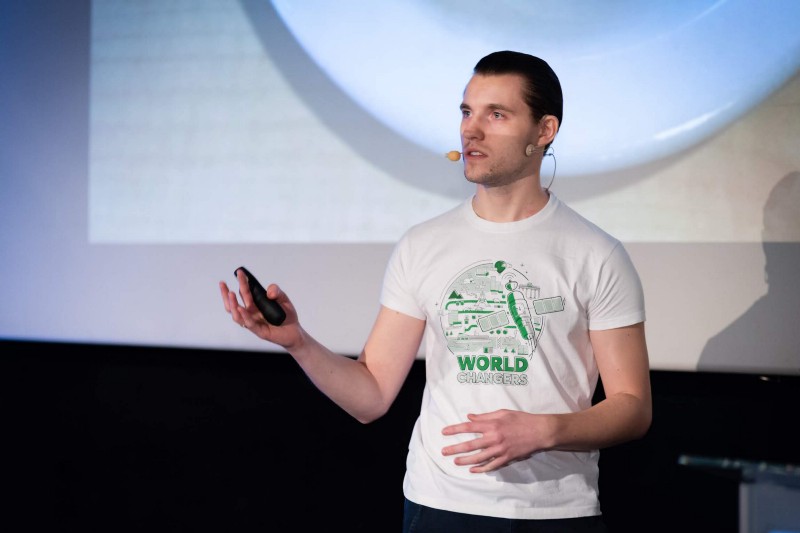by Maciej Myśliński
What I Learned Speaking at (almost) Every Meetup in Poland
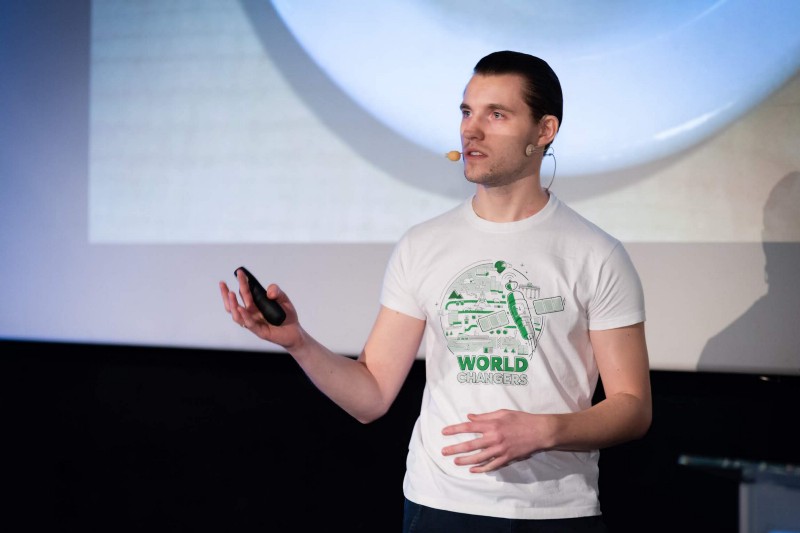
My mission in 2018 was to speak at every frontend-related meetup in Poland. In December I even made it to my first international conference. I learned a ton along the way. How can you benefit from my experience even if you don’t speak publicly yet? Well let’s find out.
You can speak
At the beginning of my journey, I believed I had to be somebody known to speak. Or that I had to persuade organizers with some magic words, otherwise I wouldn’t be invited.
Surprisingly, that wasn’t the case. Almost all meetup organizers told me afterward they are willing to invite first-time speakers (although some admitted they would only let them do a lightning talk). How cool is that?
This taught me something. Sometimes limitations only exist in our heads.
What limitations exist in your head right now, that you haven’t confronted with the reality?
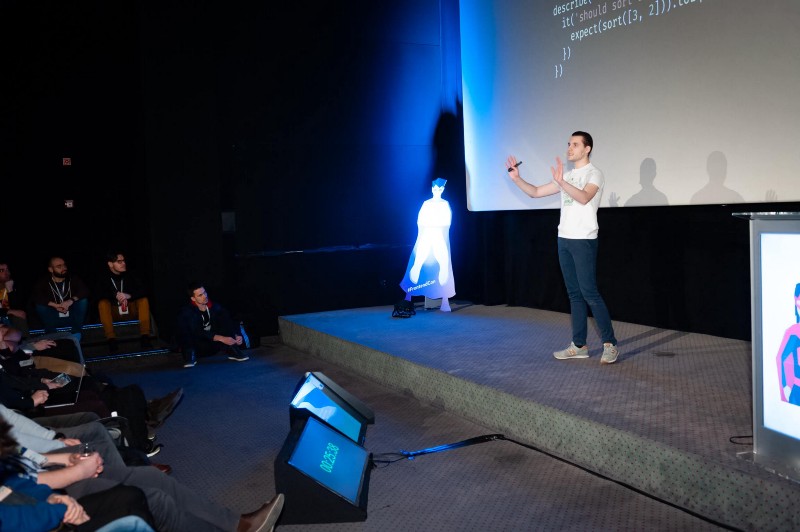
The topic doesn’t matter
In the beginning, I was sooooo freaked out about the topic. And my biggest excuse? I thought I had nothing to speak about. And when I finally had a list? I didn’t know which one should I choose.
You see, attending many different meetups gave me an opportunity to listen to a lot of talks. Some titles were promising but turned out to be boring in the end. Other topics didn’t sound exciting at all but the talk turned out to be super engaging. So, what’s the secret?
Delivery. You can talk about the newest, hottest, most exciting topic, but if your delivery sucks, the audience will experience the longest 30 minutes in their lives. Or you can have a relatively boring topic like borders in CSS. You can deliver it in an exciting way so that people won’t realize when those 30 minutes have passed.
Oh, wait. The topic does matter during the speaker selection process. A catchy presentation title helps a lot there. But once you are invited, the topic doesn’t matter. It’s not what you say, it’s how you say it.
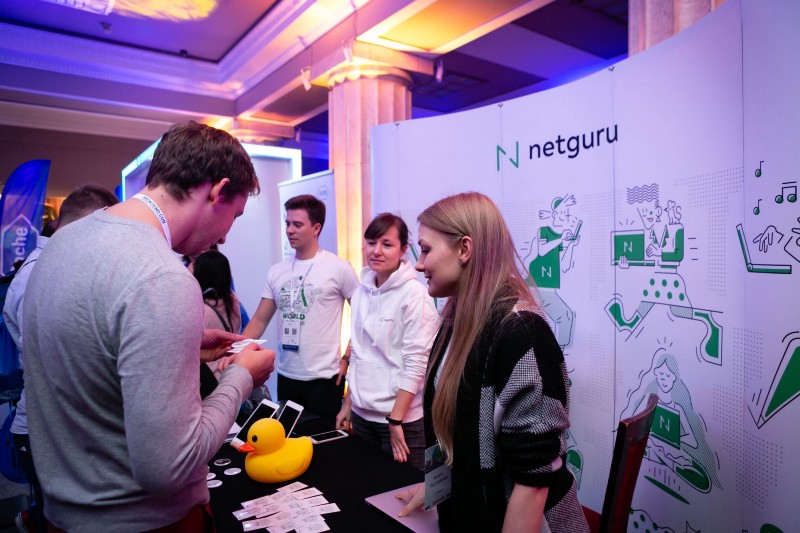
Prepare in advance
By far preparation is my weakest point as a public speaker. That’s why my slides never get proof-read by a copywriter or fine-tuned by a designer (although Netguru provides these services for employees for free!). That’s a pity.
I regret it the most with regard to FrontendCon. I spent so much time researching the niche I was going to speak about that I literally had no slides the day before my talk (my most important talk this year! ?).
This not only caused me unnecessary stress and sleepless nights. Instead of talking to people, listening to awesome presentations, and making friends with community leaders, I was sitting in a speakers’ room with headphones on my head preparing my talk. What a loss!
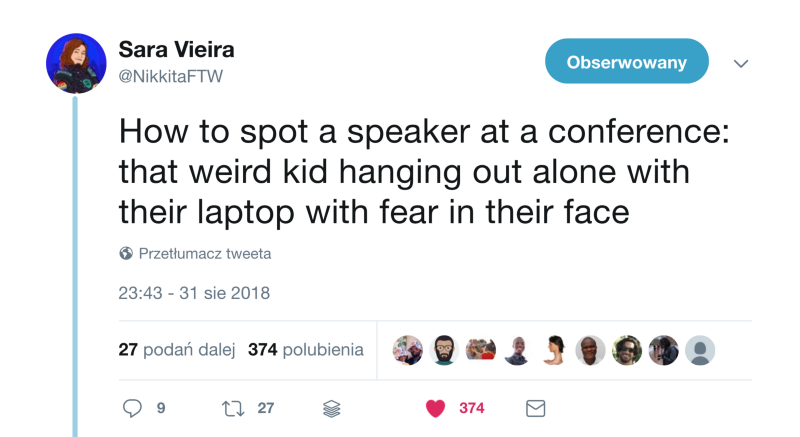
Don’t be like that. Prepare your talk in advance. Let it be proofread and designed superbly. Invite people to listen to your rehearsals and ask them for honest, radically candid feedback. Make use of all the support you can possibly have. And during the event? Be there for people. Connect and make new friends.
Learn speakers’ names by heart
A person’s name is to that person, the sweetest and most important sound in any language
~ Dale Carnegie
It’s awkward enough when you go to the conference and most speakers know and hug each other but nobody knows you. Believe me, I’ve been there. In those moments, make sure that you at least know them.
Seriously. Take time and learn every speaker’s name by heart. This will pay off. You’ll show your respect to them, make yourself more likable, and build deeper connections during the event. And speaking about connections…
Connections matter
Wait, what? Just a couple paragraphs above you told me I could be invited to any meetup easily. That’s true. But that’s not the case with conferences.
You can submit to a call for papers and be invited, because some conferences welcome first-time speakers. But what if you want to speak at more recognized, prestigious events? You better have connections.
As long as you know the right people and they know, like, and recommend you, you can speak virtually everywhere. Whether you like it or not, whether it’s fair in your eyes or not, that’s what I see is happening.
Connections matter. Embrace the reality and make some friends.
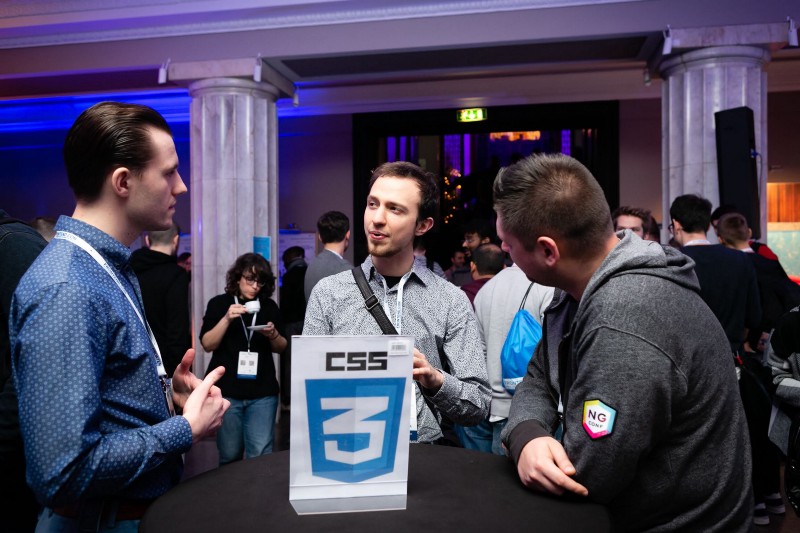
Nobody knows everything
You know those people that are so widely recognized, have so many followers on twitter and whatnot? Leaders whom people respect, experts who speak at big events in our industry? When you think of them, you might feel so little and so tiny. Like an imposter, maybe? You know that feeling, don’t you?
Well, I had a chance to talk to some of those people. And you know what? The typical conversation sounded like this:
Me: so what do you speak about?
Super recognizable unicorn expert: about x. And you?
Me: about property-based testing.
Super recognizable unicorn expert: oh, I haven’t heard about it.
See? You’re an expert too. You researched your topic thoroughly. You have your own perspective and experience. Value yourself because the truth is everybody sucks at something (or at most things) and nobody knows everything.
Focus on what matters
I was trying many things to become recognizable in the community.
I tried YouTube. It’s super hard for me, requires a lot of skills and time, and although I’m not done with it yet, it outgrew me temporarily.
I tried Instagram Stories, mainly to get comfortable in front of the camera. Guess what? I’m comfortable in front of the camera now and still, nobody knows me.
You know why those things didn’t work? Because I went to the wrong place. Event organizers don’t give a dime about your Instagram account. Nor about your YouTube channel (unless it’s big enough). So what do they care about?
Twitter. Hands down, Twitter is the go-to platform for IT communities (at least internationally. If you focus on Poland specifically, I’d recommend Facebook instead). Literally, organizers go and check your Twitter account. Do you have a good number of followers? If not, they’re not inviting you.
Medium. Organizers are checking your publications online. Did you write? How much? How often? How many readers did you manage to attract? And it’s primarily Medium, although you can try other platforms like dev.to or popular sites like Smashing Magazine or CSS Tricks.
Recordings of past talks. If organizers have a chance to watch your past talks on YouTube and get a feeling of what they can expect, they’re much more willing to invite you. If you want to speak at conferences, look for meetups that publish recorded talks on YouTube afterward (dev.js Warsaw is the one that even had a professional cameraman!).
Pro-tip: normally during meetups, I’d recommend speaking in attendees’ mother tongue — this helps to engage the audience. But if your talk is going to be recorded, you better choose English.
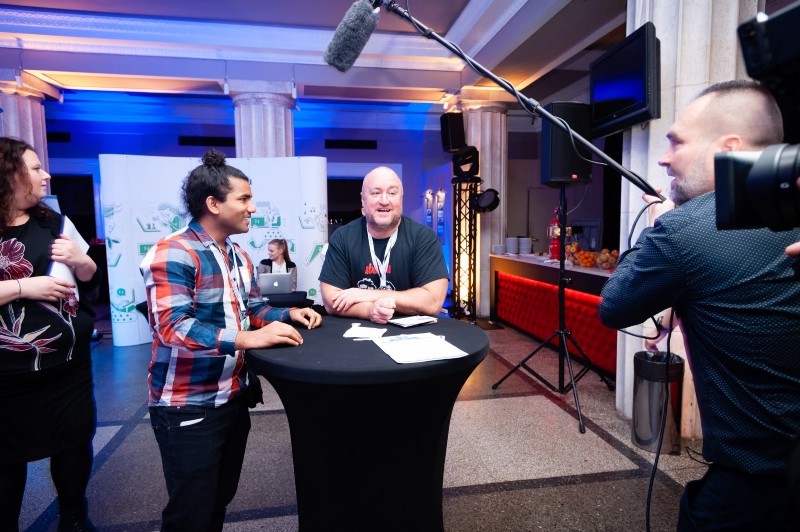
Have a mission
I got invited to 14 meetups in 11 different cities (not counting Netguru Tech Talks and FrontendCon).
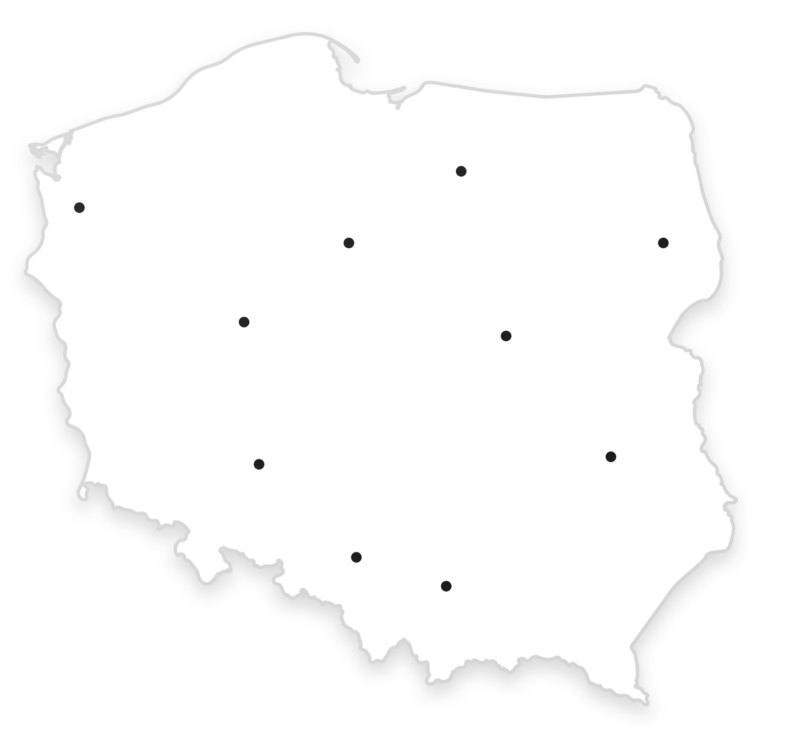
This means I failed. I didn’t speak at every frontend-related meetup in Poland in 2018. But that’s not the point.
The mission was there to drive my actions, to give me direction, and to create uncertainty that makes others cheer me on and help me. The mission was there to show the world that I’m dedicated, committed, and am not going away any time soon. The mission was there to get me on stage at an international conference. The mission was there to be big enough so that I could unleash my full potential.
Do I cry that I failed? Should I give up and stop trying? No! I’d rather fail having a big, ambitious mission, than celebrate accomplishing a small, mediocre goal.
Look, without this big mission, none of the above would’ve happened. I wouldn’t have met all those amazing people, listened to all those talks, learned all those things. I wouldn’t have spoken at FrontendCon and you wouldn’t be reading this.
If you’re going to fail, make sure you fail doing something worth your effort. Have a mission. Ask if your mission is crazy enough. Go big. Unleash your potential ✌️
